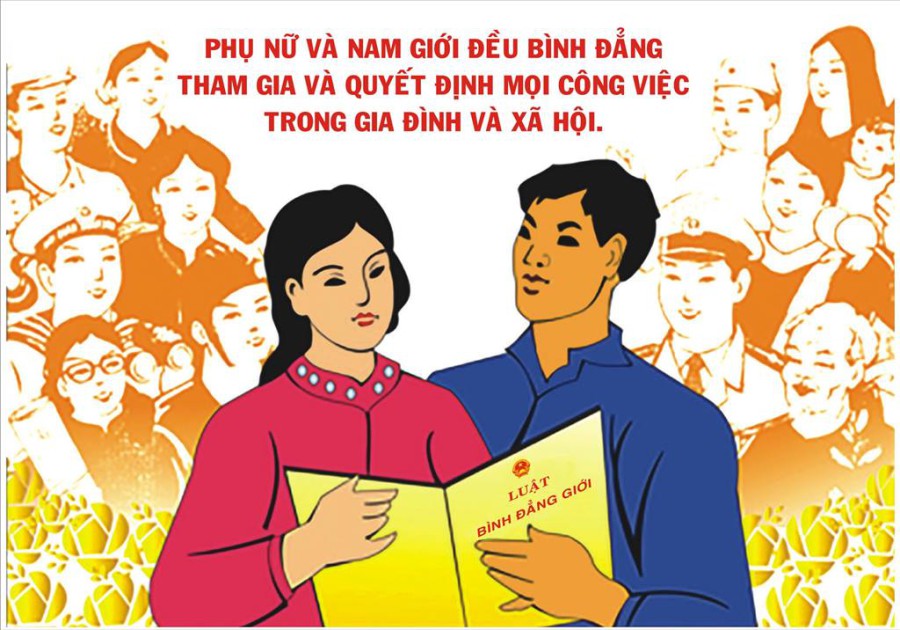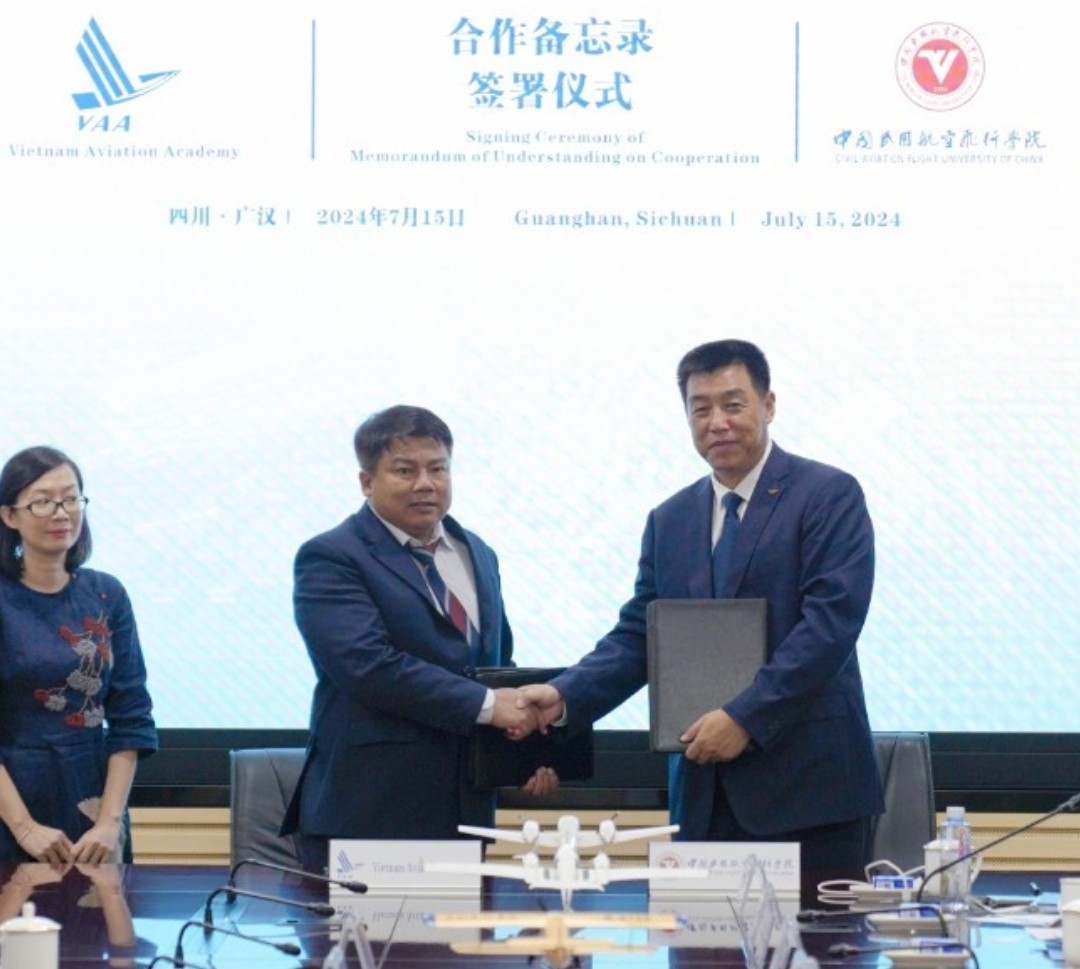Achieving gender equality in Vietnam
Gender equality is when men and women have equal positions and roles, are given conditions and opportunities to develop their abilities for the development of the community and family, and enjoy the same results of that development.

According to the Law on Gender Equality of Vietnam, the contents of gender equality include many important aspects in all areas of social and family life:
I. Basic principles of gender equality
– Men and women are equal in all areas of social and family life.
– Men and women are not discriminated against based on gender.
– Measures to promote gender equality are not considered gender discrimination. For example, regulating the proportion of men and women participating, or training and fostering to improve the capacity of women or men.
– Policies to protect and support mothers during pregnancy, childbirth and raising young children are not considered gender discrimination.
– Ensure the integration of gender equality issues in the development and enforcement of laws.
– Implementing gender equality is the responsibility of agencies, organizations, families and individuals.
II. Gender equality in specific areas
1. Politics
– Men and women are equal in participating in state management and social activities.
– Men and women are equal in participating in building and implementing village conventions, community conventions or regulations and statutes of agencies and organizations.
– Men and women are equal in self-nominating and being introduced as candidates for the National Assembly and People’s Council; self-nominating and being introduced as candidates for the leadership of organizations.
– Men and women are equal in terms of professional standards and age when being promoted or appointed to the same management and leadership positions of agencies and organizations.
2. Economy
– Men and women are equal in establishing enterprises, conducting production and business activities, and managing enterprises.
– Men and women are equal in accessing information, capital, markets and labor sources.
3. Labor
– Men and women are equal in terms of standards and age when recruiting, and are treated equally in the workplace in terms of employment, wages, bonuses, social insurance, working conditions and other working conditions.
– Men and women are equal in terms of standards and age when being promoted and appointed to positions in sectors and professions with title standards.
4. Education and training
– Men and women are equal in terms of age for attending school, training and fostering.
– Men and women are equal in choosing sectors and professions to study and train.
– Men and women are equal in accessing and enjoying policies on education, training and fostering expertise and skills.
– There are special support policies for female cadres, civil servants and public employees when participating in training and fostering with their children.
5. Science and technology
– Men and women are equal in accessing and applying science and technology.
– Men and women are equal in international cooperation on science and technology.
6. Culture, information, physical education and sports
– Men and women are equal in participating in cultural, information, physical education and sports activities.
– Men and women are equal in enjoying culture, accessing and using information sources.
7. Health
– Men and women are equal in participating in educational and communication activities on health care, reproductive health and using health services.
– Men and women are equal in choosing and deciding to use contraceptive measures, safe sex measures, preventing and controlling HIV/AIDS and sexually transmitted diseases.
– There are policies to support poor women residing in remote areas, ethnic minorities when giving birth in accordance with population policies.
8. Family
– Husbands and wives are equal in civil relations and other relations related to marriage and family.
– Husbands and wives have equal rights and obligations in owning common property, equal in using the common income of the couple and deciding on resources in the family.
– Husband and wife are equal in discussing, deciding on and using appropriate family planning measures; using time off to care for sick children according to the provisions of law.
– Sons and daughters are cared for, educated and given equal conditions by their families to study, work, play, entertain and develop.
– Male and female members of the family have the responsibility to share household chores.
Gender equality is not only a legal goal but also the foundation for sustainable social development, creating conditions for each individual, regardless of gender, to be able to maximize their potential.

Vietnam Aviation Academy compiled national standards on ground radio navigation aid systems


What is a UAV? What is a drone? What is the difference between UAV and drone?


VIETNAM AVIATION ACADEMY HAS SIGNED A COOPERATION AGREEMENT WITH CIVIL AVIATION FLIGHT UNIVERSITY OF CHINA


Workshop on Developing a Strategic Plan for the Vietnam Aviation Academy: Resolutely Realizing Key Strategic Objectives


The Impact of Artificial Intelligence on the Global Economy: An Ongoing Revolution






